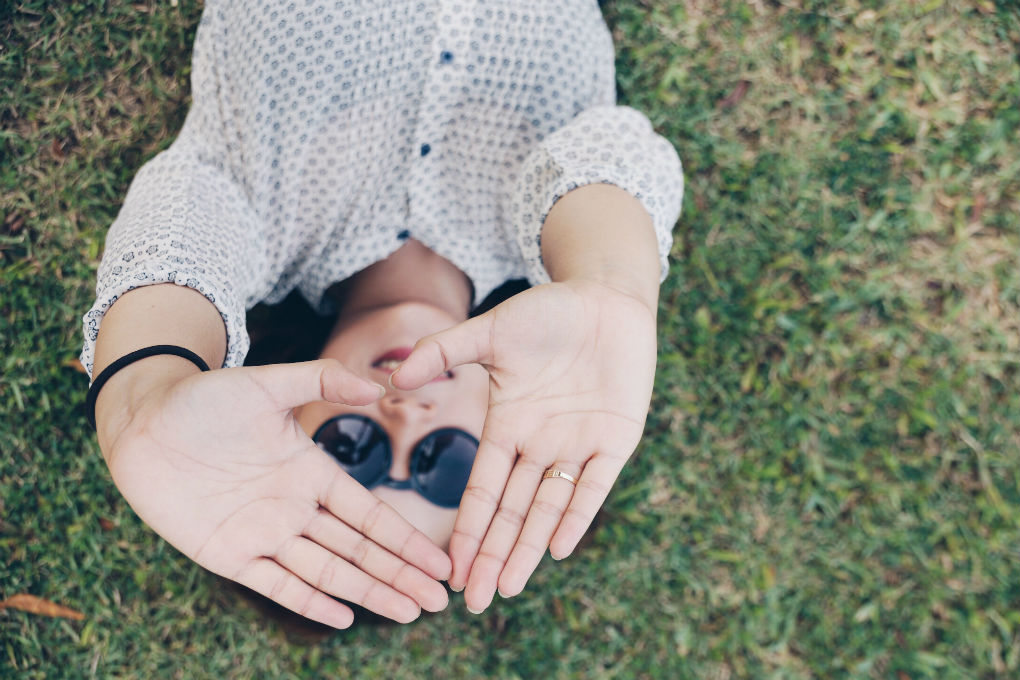Have you ever felt like you’re stuck on autopilot?
You wake up to the sound of your alarm, scroll through your phone without thinking, and rush through your morning routine with barely a thought about what you’re doing and the day speeds by in a blur of emails, meetings, and tasks, leaving you exhausted but unsure of where all your time went. When your head hits the pillow, you realise you’ve hardly noticed the sunshine, tasted your lunch, or truly connected with anyone around you.
This is the reality of being mindless. Life happens around you, but you’re not fully in it.
Instead, your mind is caught in the whirlwind of worries about the future, replays of the past, and an endless to-do list. The result? A constant feeling of stress, disconnection, and overwhelm.
Mindfulness is the antidote to this autopilot mode. It’s about hitting the pause button, tuning into the present, and embracing life with greater clarity and intention.
In this blog, we’ll explore what mindfulness is, how it works, and why it’s such a powerful tool for transforming your everyday life.
1. What is Mindfulness?
Mindfulness is the practice of being fully present and aware of our current experiences, both internal and external, without judgment. It’s about bringing attention to our thoughts, emotions, body feelings and surroundings, helping us become more grounded and connected to ourselves in the present moment.
2. How Did Mindfulness Originate?
Mindfulness has deep roots in ancient Eastern traditions, particularly Buddhism, where it was practised as a key part of meditation. In the 1970s, Jon Kabat-Zinn introduced mindfulness to Western medicine, creating the Mindfulness-Based Stress Reduction (MBSR) program. He adapted mindfulness techniques from Buddhist practices into a secular format that could be used in clinical settings to address chronic pain, stress and illness, translating ancient practices into simple, secular techniques that anyone can apply. This approach helped establish mindfulness as a practical tool for managing stress, anxiety, improving mental health, and enhancing overall well-being.
3. Who Uses Mindfulness Today?
Mindfulness is widely practised in various fields, including healthcare, psychology, education, and corporate environments.
It’s adopted by people of all ages and backgrounds who are seeking to reduce stress, improve focus, and increase overall well-being. High-performing professionals, athletes, students, and even children are now encouraged to engage in mindfulness practices. It’s so great to see mindfulness be more widely accepted and used now.
4. The Statistics on Mindfulness and Reducing Stress and Anxiety
Studies show that mindfulness can have significant positive effects on mental health. For example:
-
- A study published in JAMA Internal Medicine found that mindfulness meditation programs can improve anxiety, depression, and pain (source: 2014).
-
- Research suggests that mindfulness reduces stress hormone levels, lowers blood pressure, and boosts immune function.
-
- According to the American Psychological Association, over 40% of Americans practising mindfulness report better stress management and increased relaxation.
-
- More than half of Australians report experiencing personal stress in a given year. Younger Australians (aged 16–34) experience high or very high stress levels at twice the rate of older adults (aged 65–85).
Over the last decade, mindfulness practices have gained significant traction across various settings in Australia, including healthcare, workplaces, and schools. Mindfulness-based interventions, like mindfulness-based stress reduction (MBSR), have been adopted for managing anxiety, depression, and chronic pain
- More than half of Australians report experiencing personal stress in a given year. Younger Australians (aged 16–34) experience high or very high stress levels at twice the rate of older adults (aged 65–85).
5. How Does Mindfulness Help in Everyday Life?
Mindfulness helps to create a space between our reactions and impulses, allowing us to respond more thoughtfully rather than react. It can improve focus, enhance emotional regulation, and promote greater resilience in handling daily challenges.
Examples of Daily Benefits:
-
- Improved Focus: Enhanced concentration by minimising distractions and promoting a sense of calm.
-
- Better Relationships: Through mindful listening and empathy, mindfulness practise helps to improve interpersonal relationships.
-
- Reduced Stress: A conscious approach to dealing with work pressures, reducing overall stress levels.
6. Does Mindfulness Actually Work? When Does it Not Work?
Mindfulness has been widely validated as an effective approach to managing stress, anxiety, and even chronic pain. However, it may not be suitable for everyone or may need modifications. For example:
-
- Trauma Survivors: Some may find mindfulness challenging without guided support, as focusing inward can sometimes trigger difficult memories.
-
- Severe Mental Health Conditions: Mindfulness is best supplemented with professional mental health support when dealing with severe anxiety, depression, or trauma.
7. Who Should Be Using Mindfulness?
Mindfulness beneftis anyone who wants to cultivate a greater sense of peace, clarity, and resilience. It is particularly helpful for:
-
- Individuals experiencing high stress or burnout
-
- People facing emotional challenges and negative experiences, such as self-doubt or negative self-talk
-
- Anyone looking to improve focus, work-life balance, or personal relationships
How I Support You in Building Mindful Practices
As an Energy Coach and Hypnotherapist, I help clients like you create tailored mindfulness practices that seamlessly integrate into your daily life. Here are some ways we can work together:
-
- Guided Mindfulness Exercises: Experience mindfulness with guidance, allowing you to build foundational skills for your personal routine.
-
- Mindful Breathing and Grounding Techniques: Learn powerful tools to manage stress and anxiety in real time.
-
- Releasing Negative Thought Patterns: Through mindful awareness, coaching and hypnotherapy, we work together to recognize and release limiting beliefs and thought patterns.
-
- Creating a Personalized Routine: Establish a consistent mindfulness routine that fits your unique lifestyle and goals.
Ready to explore how mindfulness can transform your daily life? Book a Mindful Energy Alignment session with me today. Let’s work together to develop mindful practices that empower you, reduce stress, and bring a lasting sense of peace and balance. Take the first step toward a more grounded, joyful you!



